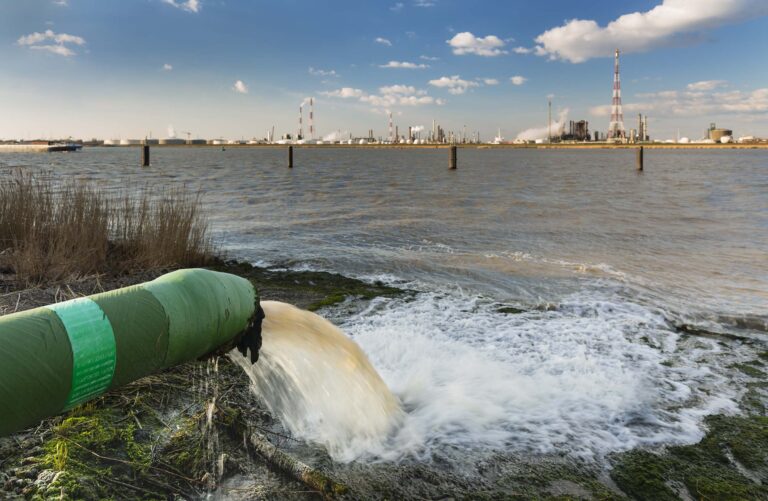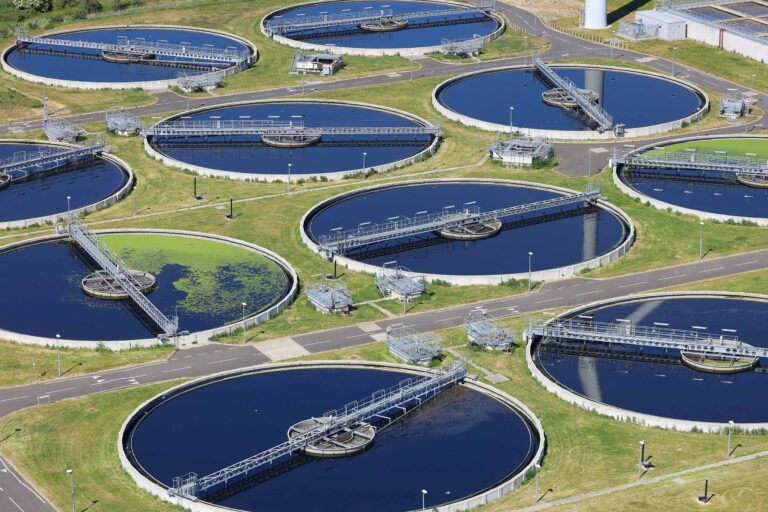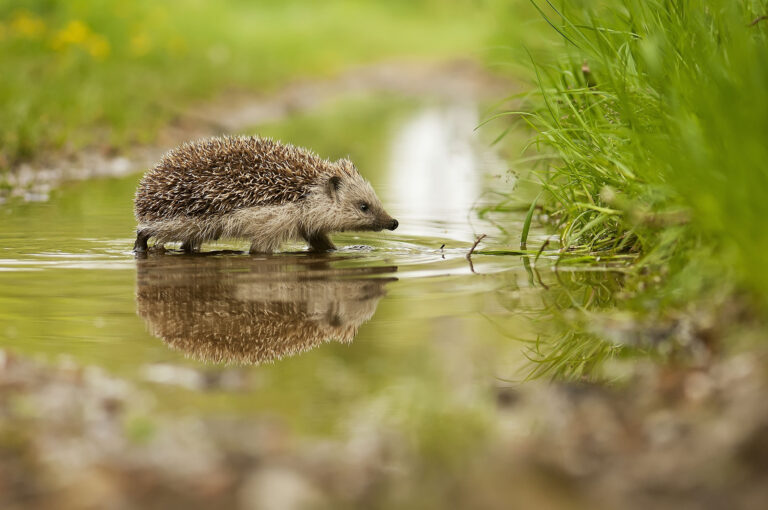Licensing permits the holder to undertake activities which are usually prohibited, subject to the fulfilment of certain obligations. There are many activities which require a permit or licence – from waste permits, to premises licensing, to derogation licences to disturb wildlife. All have an impact, and we have experience in assisting in challenging them.
Environmental Permits
Certain operations such as industrial chicken farms, quarries, incinerators and waste processing facilities require an Environmental Permit, which regulates (or purports to regulate) the activities at the site and provides limits to what an operator can and cannot do. It is not uncommon that activities which cause disturbance (or a nuisance) to people are also taking place in breach of permit requirements. When this is the case, we can petition the Environment Agency or Local Authority to take enforcement action against the operator.
Premises licence
Some businesses require a permanent or temporary licence to legally operate or run certain activities, for example a licence for selling food or alcohol at certain times or for holding entertainment events. Sometimes businesses fail to seek the required licenses or exceed what is allowed by the licence they hold. Where a licence has been breached, we can help get the relevant Council’s Licensing Team to investigate concerns raised. We can help clients in complaining to the Council if the current licensing conditions for a site do not promote the objectives of the Licensing Act 2003, which include the prevention of crime and disorder, public safety, and the prevention of public nuisance. If the Council’s licensing team are unhelpful we can assist with making an application to the Council’s licensing committee for a licensing review hearing.
Both environmental permitting and licensing regimes also overlap with planning controls and nuisance.
Wildlife licences
In many cases it is a criminal offence to intentionally or recklessly kill, disturb, injure or take a wild animal; however this is only the general position. Appropriate authorities such as Natural England may in certain circumstances grant somebody a licence allowing them to carry out an activity that, without the licence, would otherwise be unlawful. Species that are commonly the subject of these licences include badgers, bats, snakes and newts. The licensing authority must be confident that there are good reasons for issuing licences – for example: protecting public health, or that it is in the overriding public interest to issue a licence. Additionally, in order for construction to commence in a marine area, a developer may first need to acquire a licence to carry out that work form the Marine Management Organisation. We have a wealth of experience objecting to and challenging all forms of licence in connection with wildlife.
Meet the team
We have experience in objecting and challenging permits and licences. Please do get in touch to speak to a member of the team.
Get in touch
Example Cases
Challenge to Welsh coal mining licence
R (Coal Action network) v Welsh Ministers and the Coal Authority
Permission granted in challenge to South Wales coal mine licensing decision
Challenge to Dogger Bank trawler licensing
Dogger Bank MPA & SAC
Pressure results in prompt implementation of ban in protected area
Court rules on supplementary badger culling
R (Langton) v S/S for Environment Food and Rural Affairs
High Court provides commentary on badger culling and duty to conserve biodiversity.
HS2 felling at Jones’ Hill Wood
R (Keir) v Natural England
Impact of HS2 felling on the endangered barbastelle bat results in challenge.
Challenge to Bedfordshire EfW facility permit
R. (oao BACI Bedfordshire Ltd) v Environment Agency
Court of Appeal finds that scientific error does not invalidate EfW permit.
Protection of Marine Conservation Zones
R (Thompson) v Marine Management Organisation and Others
Court considers lawfulness of granting a dredging licence in Marine Conservation Zone
Outstanding practice.




